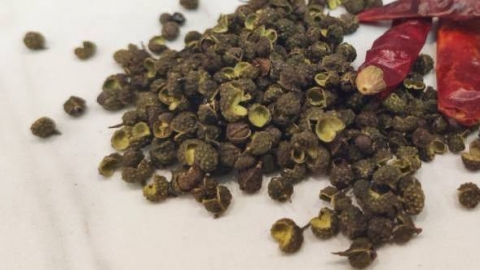What foods should patients with appendicitis avoid eating?
Generally, patients with appendicitis should avoid eating spicy and stimulating foods, greasy and heavy foods, gas-producing foods, raw and cold foods, and high-fiber foods. These foods may increase the burden on the intestines, irritate the inflamed areas, and hinder recovery. Detailed explanations are as follows:

1. Spicy and stimulating foods: Chili peppers, Sichuan peppercorns, mustard, and similar items can strongly irritate the gastrointestinal mucosa, exacerbate appendiceal inflammation, intensify abdominal pain and bloating, and may even trigger gastrointestinal spasms, interfering with the resolution of inflammation.
2. Greasy and heavy foods: High-fat foods such as fried chicken, fatty meats, and cream products significantly increase the digestive burden on the gastrointestinal tract, slow down peristalsis, cause food to remain in the intestines, worsen abdominal distension and pain, and negatively impact inflammation control.
3. Gas-producing foods: Foods like soybeans, sweet potatoes, and carbonated beverages produce large amounts of gas in the intestines, increasing intra-abdominal pressure, compressing the area of the appendix, aggravating pain and discomfort, and potentially impairing blood circulation at the inflamed site.
4. Raw and cold foods: Items such as ice cream, chilled beverages, and raw fish may stimulate the constriction of gastrointestinal blood vessels, slow peristalsis, cause indigestion, and may also stimulate smooth muscle contraction of the appendix, intensifying pain.
5. High-fiber foods: Celery, Chinese chives, whole wheat bread, and similar foods are not easily digested and may rub against the inflamed areas, worsen damage to the appendix, increase the burden on intestinal peristalsis, and be detrimental to stabilizing the inflammation.
In daily life, besides dietary adjustments, patients with appendicitis should also ensure adequate rest and avoid strenuous physical activity. Additionally, keeping the abdomen warm to avoid cold exposure, which may trigger gastrointestinal dysfunction, is important and beneficial for recovery.





